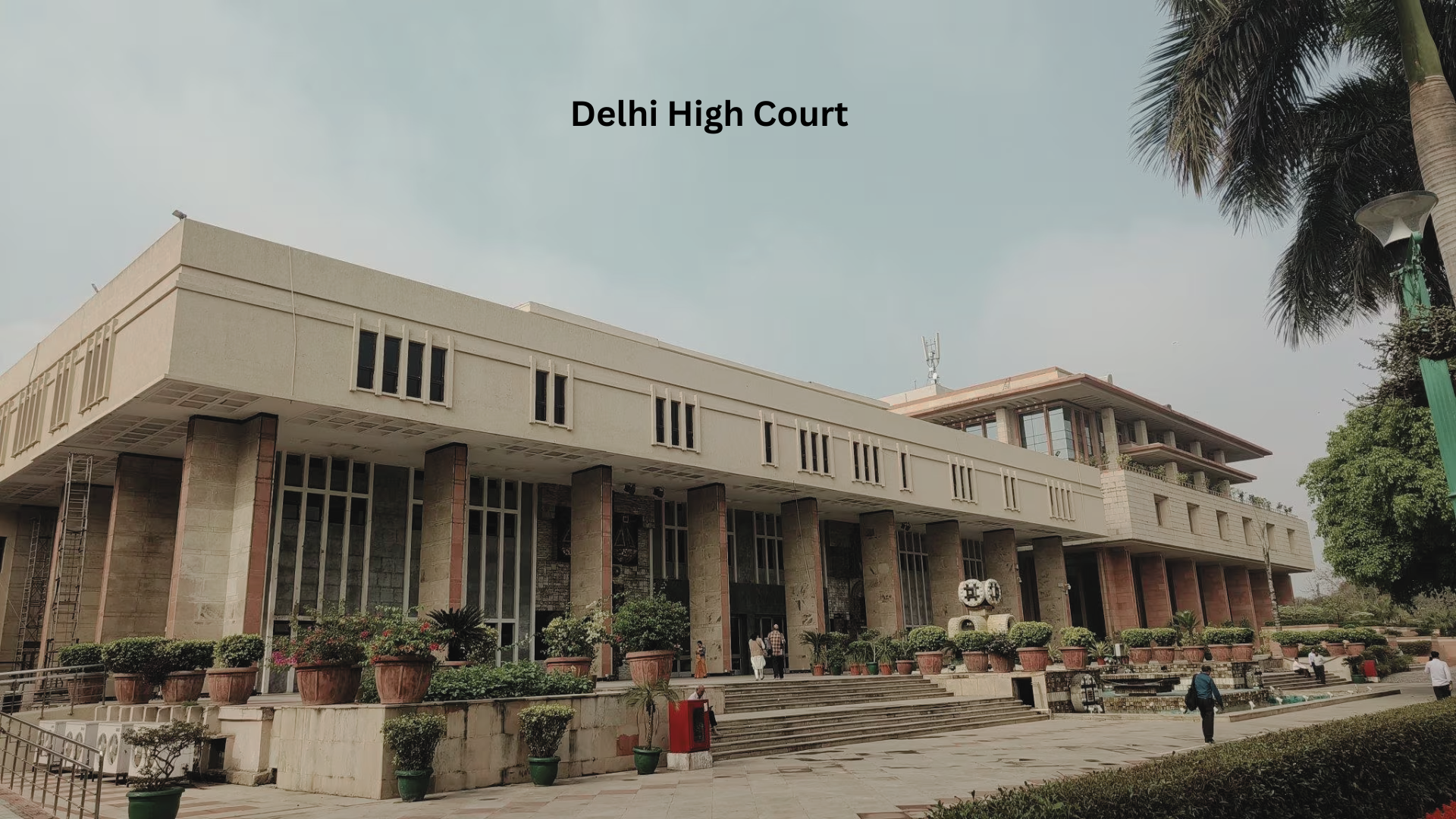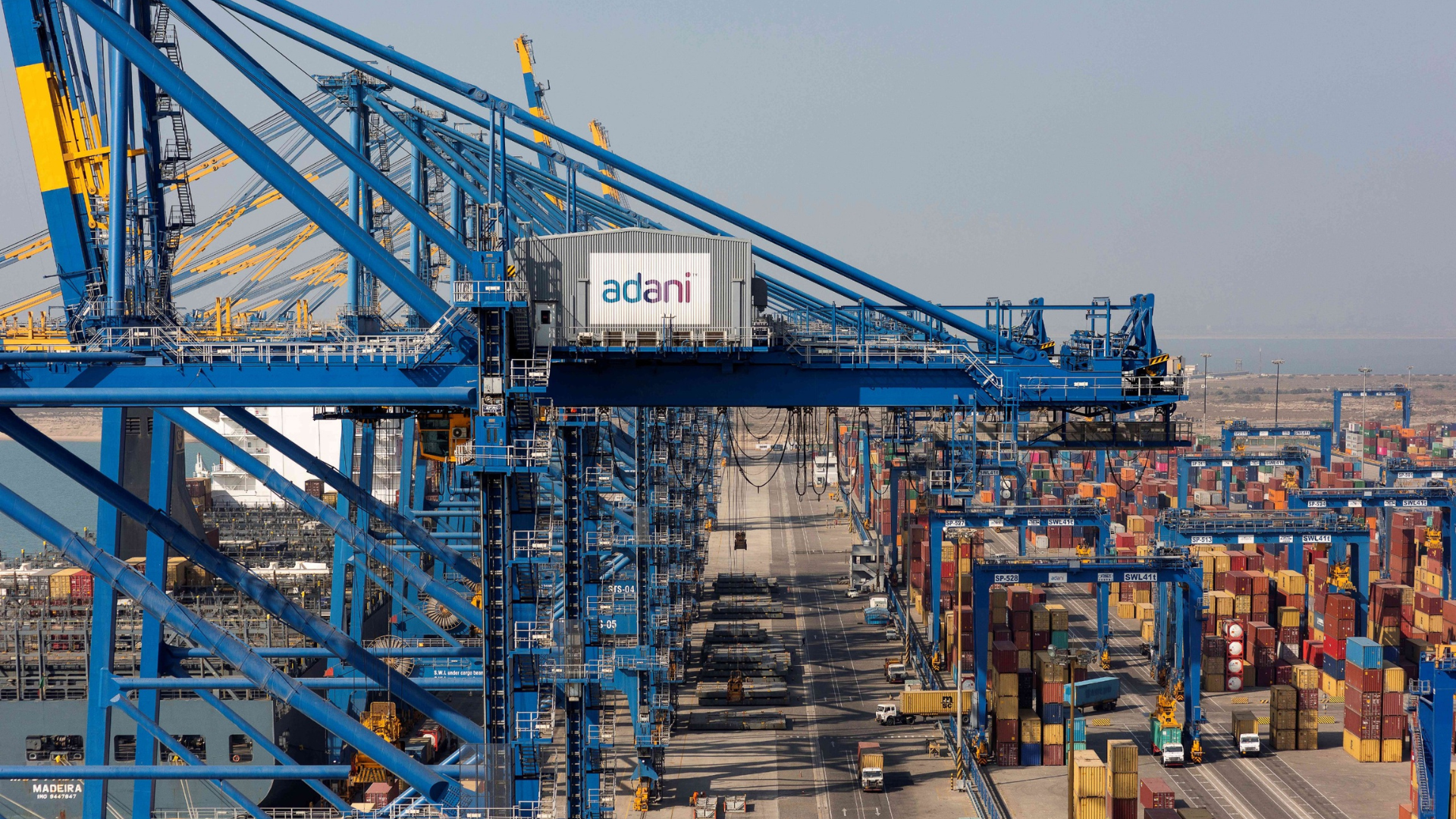


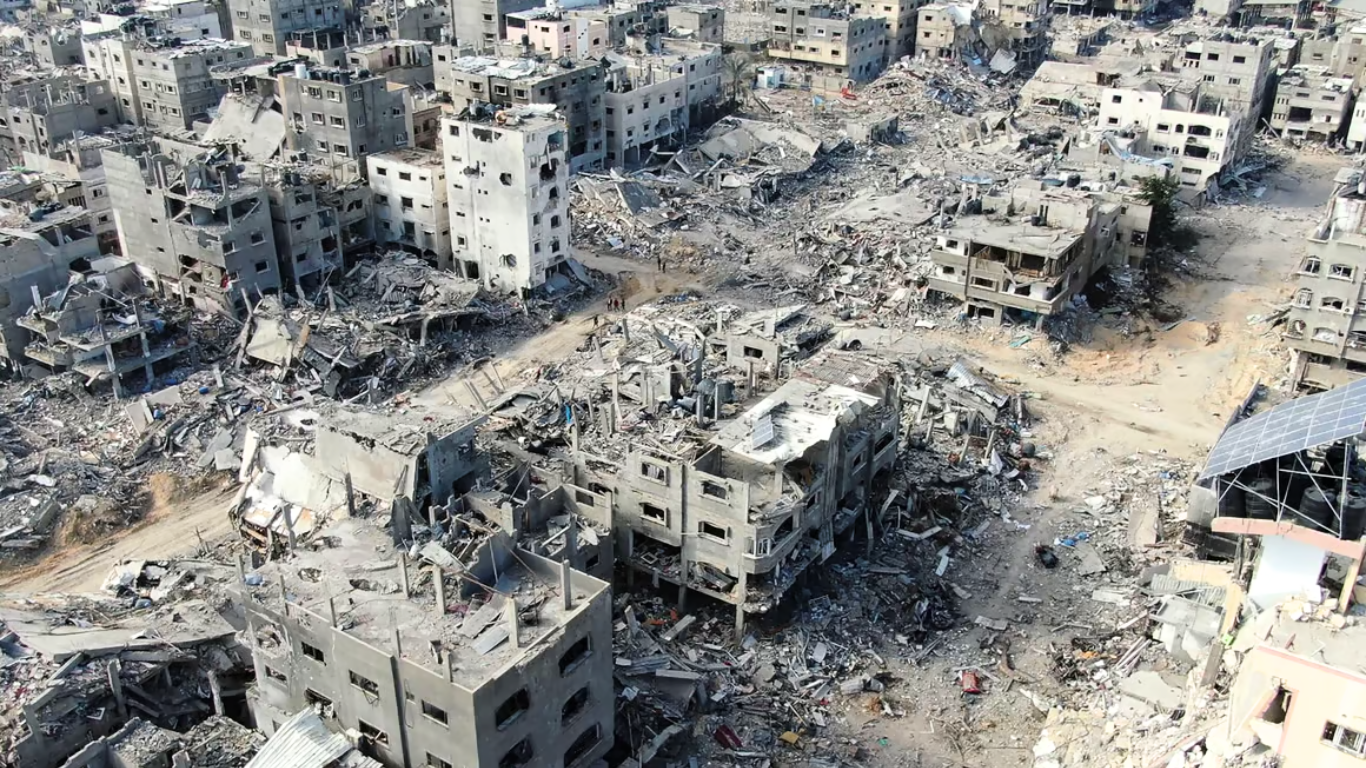





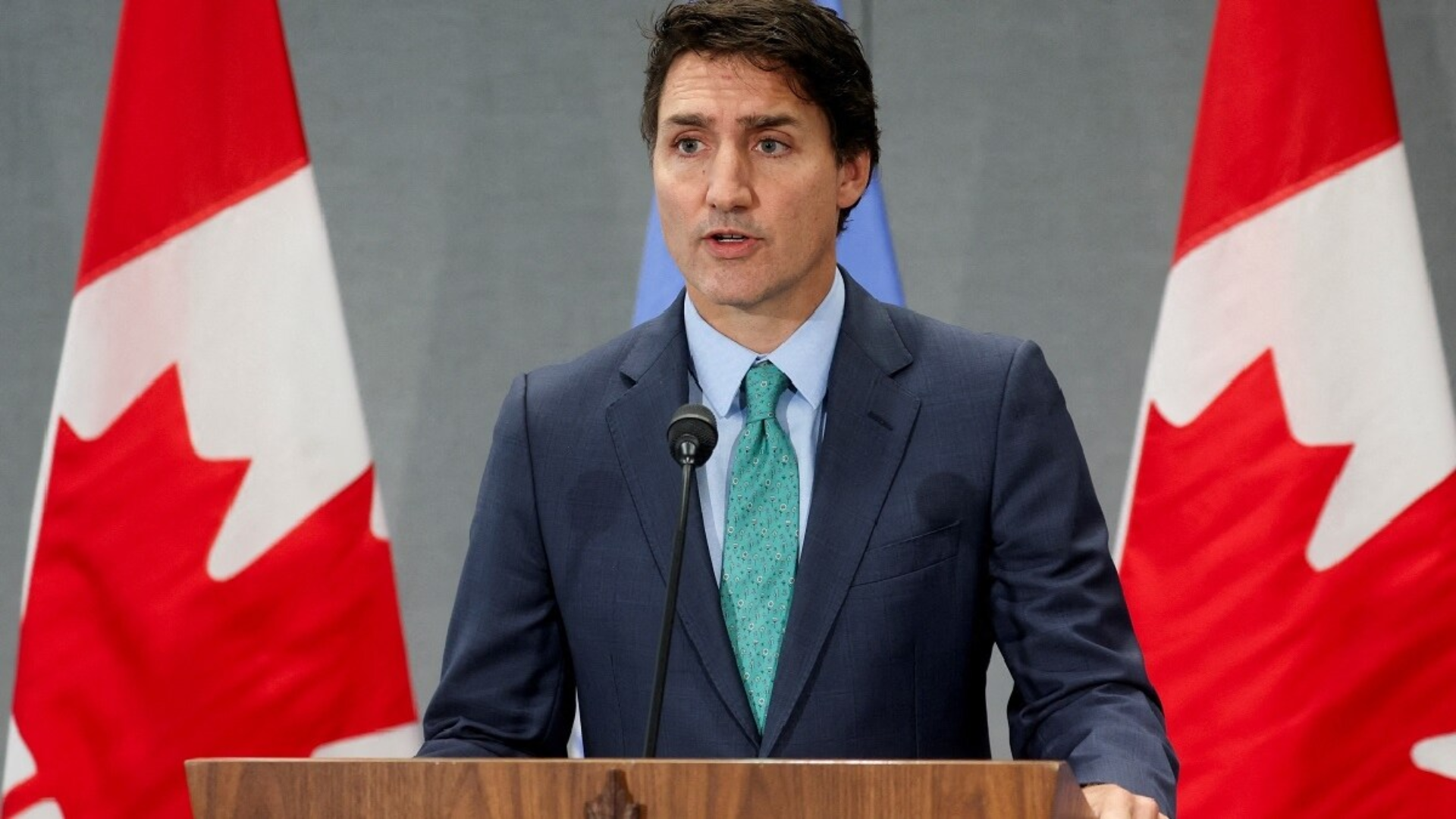
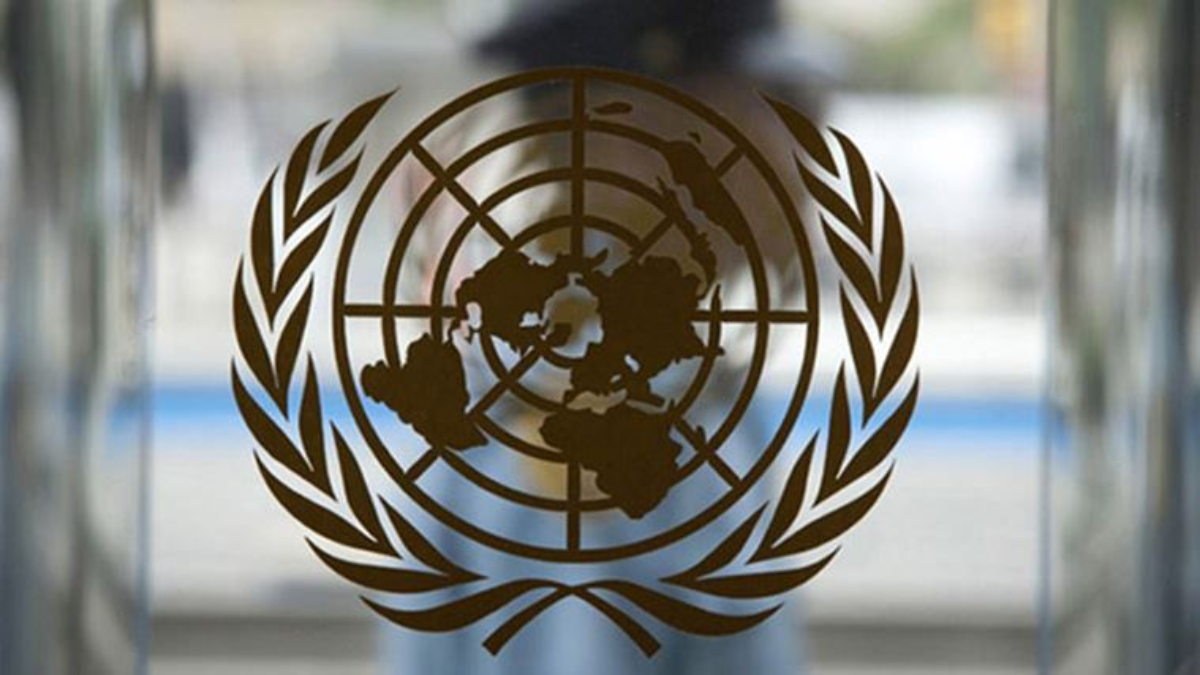
The United Nations has raised concerns over Israel’s obstruction of food aid convoys in Gaza, exacerbating the famine crisis in the war-torn Palestinian territory. According to statistics from March, clearance for delivering food aid is significantly more challenging to obtain compared to other forms of assistance, highlighting the dire situation faced by residents.
Jens Laerke, a spokesman for the UN’s humanitarian agency, emphasized the disproportionate denial of food convoys, particularly in the northern region where 70 per cent of the population is confronting famine conditions. He underscored that food convoys are three times more likely to be denied clearance compared to other humanitarian shipments.
As international pressure mounts on Israel to alleviate the humanitarian crisis in Gaza, Israeli authorities contend that the primary issue lies with UN aid distribution within the territory. COGAT, the Israeli defence ministry body overseeing aid flow, reported the inspection and transfer of humanitarian aid trucks to Gaza but highlighted challenges in aid distribution by UN agencies.
However, Laerke dismissed comparisons with COGAT’s figures, citing several factors that render such assessments misleading. He noted that trucks screened by COGAT are often only half-full for screening purposes, leading to discrepancies in reported aid distribution numbers.
Moreover, logistical challenges such as delays at crossing points and restrictions on Palestinian and Egyptian drivers contribute to distribution hurdles. Laerke emphasized that despite Israel’s complaints about UN distribution, numerous aid convoys destined for northern Gaza were denied authorization by Israeli authorities.
Ultimately, Laerke reiterated the obligation of warring parties, particularly Israel as the occupying power, to facilitate unhindered humanitarian access both at border crossings and within Gaza. Addressing the humanitarian crisis necessitates concerted efforts to ensure adequate food aid reaches vulnerable populations in Gaza, where the need is most urgent.


